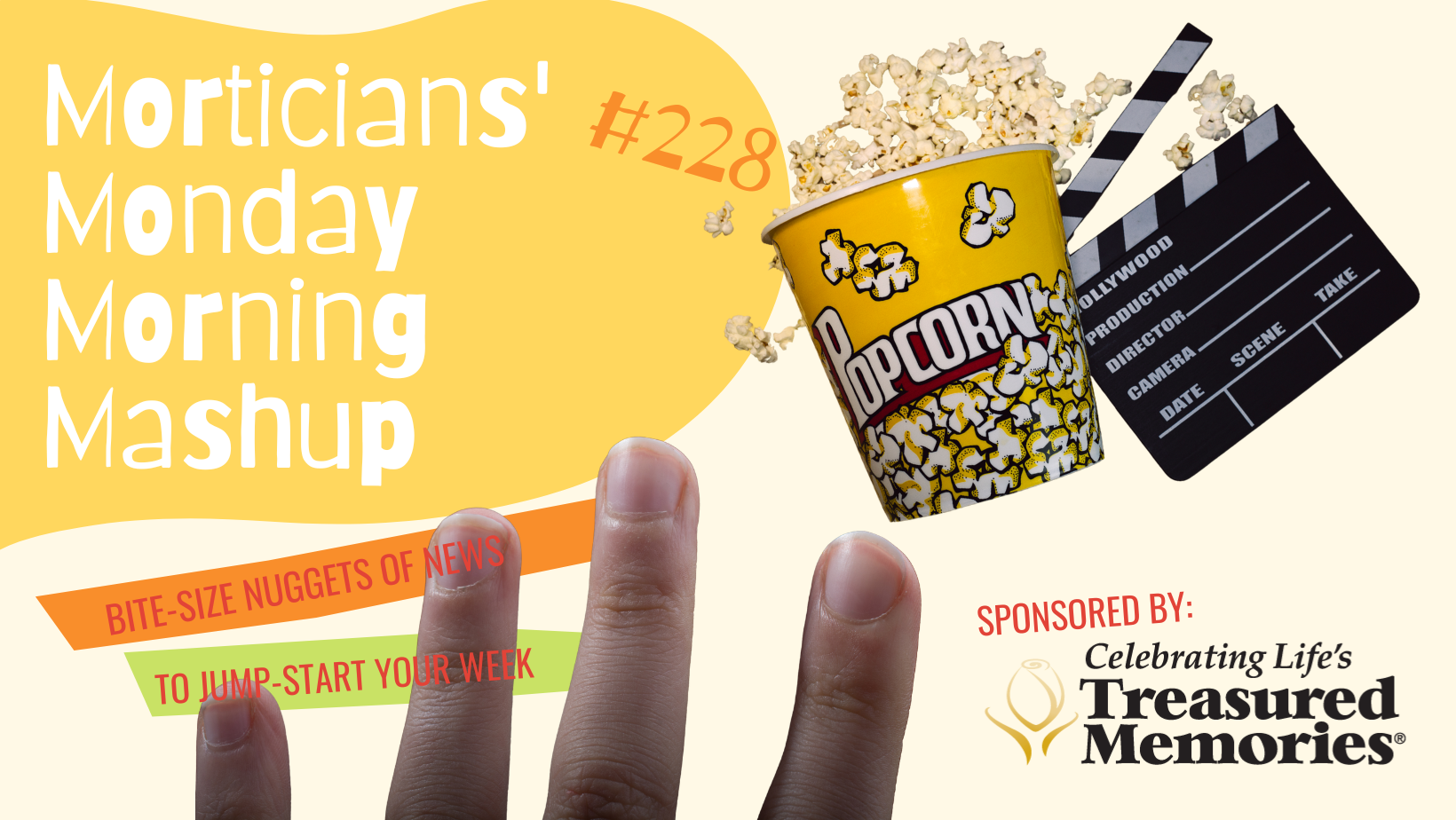Miscarriage and Death Care Part Two: Unique Needs of Families
Circumstances – social and psychological – being what they are, handling matters for families who are navigating loss of this sort may place new demands on deathcare professionals.
Every death is in some ways similar, and in other ways, unique. The same is true of each mourner. Lost pregnancies of all durations present these issues and more; not only to grieving mothers and parents, but all touched by the loss.
A lot of funeral homes (and other facilities) have many-years’-standing established relationships with hospitals, making them the go-to provider of services in cases of such need. For business owners who might like more information on how their business may best attend to the unique needs of such families, the following resources might be helpful.
First things first
In matters where a family’s wish is to bury or cremate the remains of a miscarriage and the remains are available, the family will often require your assistance to obtain them from a facility such as a hospital, a home, or another location. The following resources can help accomplish that.
- The CDC’s 65-page Handbook for Funeral Directors and managing fetal remains, updated in 2019, provides guidance for deathcare professionals on the registration and death certification process for fetal remains.
- Claiming remains from medical facility depends on both the state and the facility. Individual states may also offer similar guides specific to state law (Missouri does, for example).
- When called on to provide assistance to a family on gathering fetal remains outside of a medical environment, it may be helpful to direct the family to a guide instructing them on the process (here’s an example). Products for gathering remains of miscarriages are available to be stocked by funeral homes, to be kept on hand for clients in their moment of need.
Funeral services
Science reinforces the significance of rites in recognition of deaths for infants. For some parents, whether the pregnancy was full-term and resulted in a live or stillbirth may feel irrelevant. Whether or not there are remains for formal burial or cremation, the loss of a pregnancy or an infant is just as meaningfully served by a formal funeral or service.
When families do not have need for burial or cremation, they may still benefit from a formal funeral or ceremony.
Special urns, containers, and caskets
A lot of funeral homes provide urns and caskets to families free of charge, and chances are you may already have such connections. Additional companies and businesses geared toward this unique need are turning up more widely. Trappist Caskets and Heaven’s Gain, for example, have a variety of special products, including specialized vaults, trimester-specifically sized burial vessels, and even miscarriage kits, as well as a Funeral Director’s page.
Resources for families
There are many high-quality virtual resources online. First-person accounts (even photo essays) are widely available; while not the same as a warm hand or hug, a wide range of experiences, including long-term stories, can be found.
Other women who have also experienced miscarriage can provide a source of great comfort and support to those making their way through it. To help your families identify local groups, good starting points are hospitals and places of worship which may be able to direct families to meetings or events in your area. Additional resources:
- The March of Dimes provides a great deal of helpful information for families at every stage of loss. They offer a support community as well as a special section for Unspoken Stories, to link women and families going through many forms of the same type of shared loss.
- The Fletcher Foundation A non-denominational nonprofit, The Fletcher Foundation provides not only information and guidance for families grieving the loss of a pregnancy, but ongoing support (emotional and financial) in the form of monthly “Hope Boxes”. Systems of monthly donation and sponsorship are available. From The Foundation’s Mission Statement: “Our heart is to point mothers and families in a season of grief to joy and life after loss.”
- Now I Lay Me Down to Sleep Professional photography services for stillbirth and late pregnancy miscarriages. A small staff and volunteers including photographers, digital retouch artists, dispatchers, community volunteers, board of directors and volunteer leadership give this wonderful service a worldwide reach.
- Catholic Miscarriage Support Affiliated with the Catholic church, presented as intended to any who stand in need of support. The in-depth website is packed with information about not only the church’s response to the issue of loss of a pregnancy through miscarriage, but many resources for mothers and families mourning the loss.
- Very Well Family: Coping and Moving Forward An extensive list of worldwide organizations and support services for families which have lost not only pregnancies, but also infants.
A dedicated page of your website for families going through a miscarriage might include these and additional resources.




